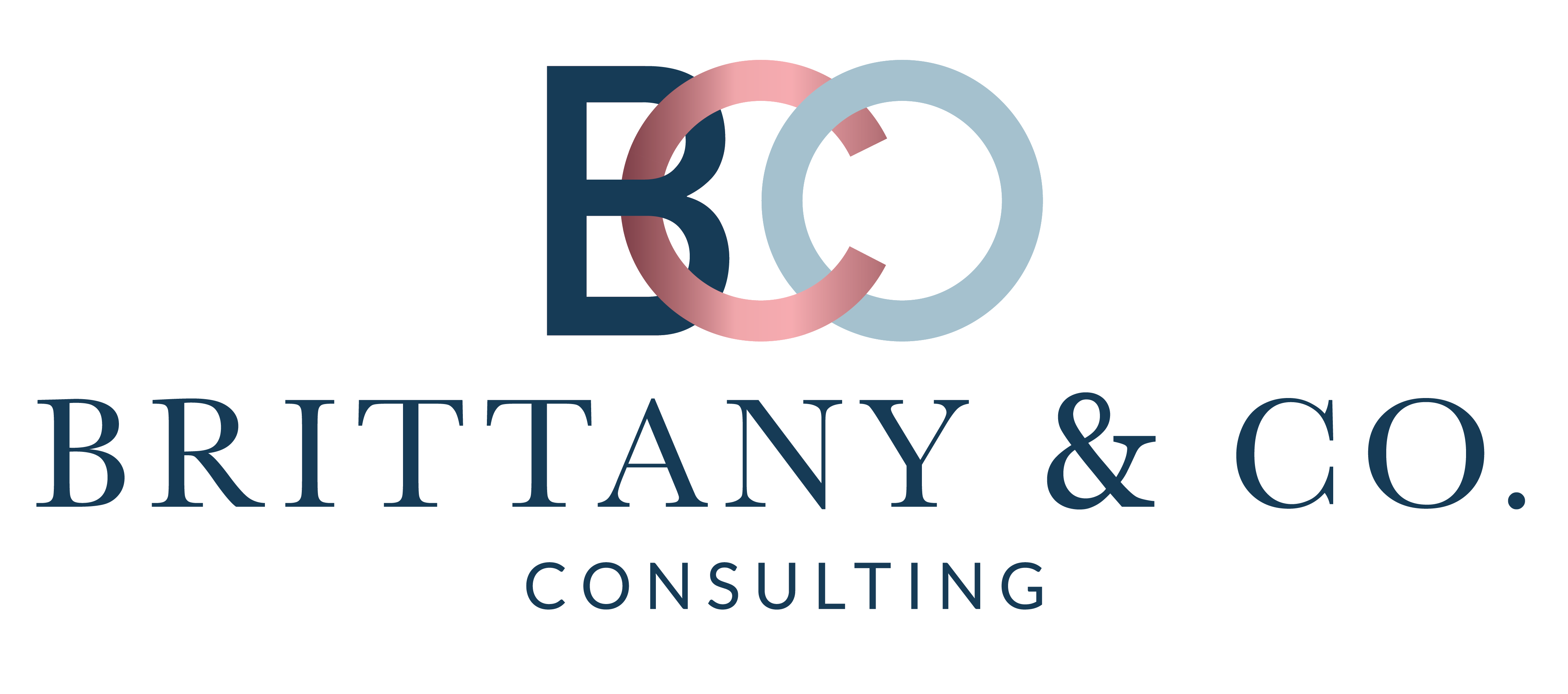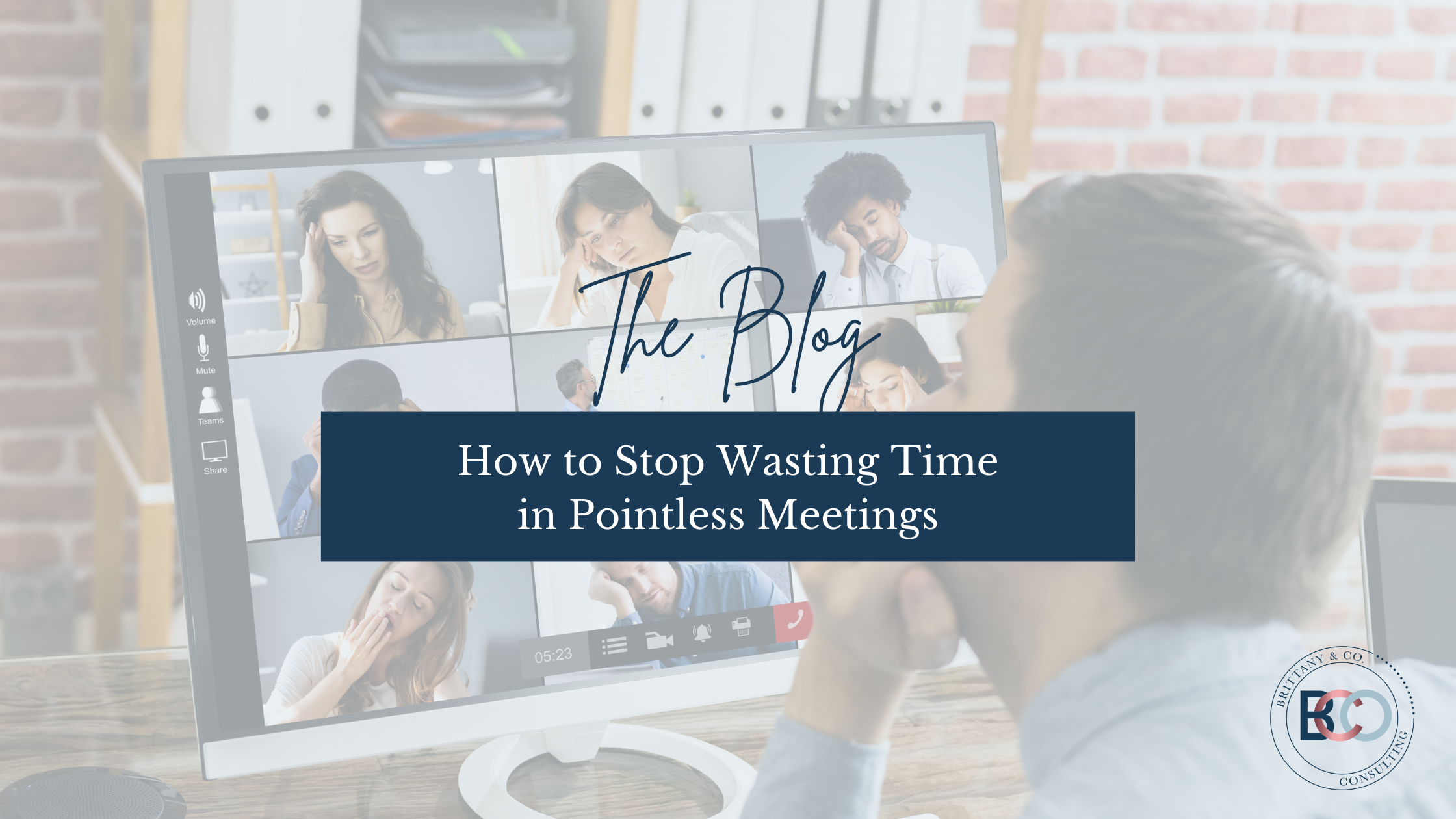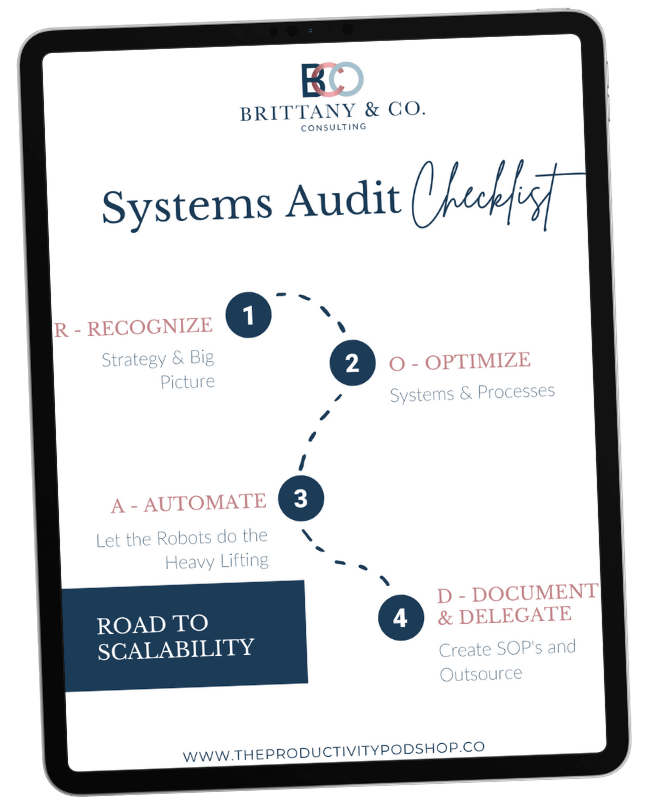Ever sat in a meeting and thought, “Why am I even here?” We’ve all been in meetings that drag on forever, don’t get to the point, or could have been an email.
That’s why I’m here to tell you there’s a way to escape the meeting madness and make them something you might actually look forward to (if needed).
The Problem with “Just Because” Meetings
First off, meetings cost time, and time is our most precious resource. When meetings lack a clear purpose, everyone’s time gets wasted. It’s like inviting friends over and then realizing you have nothing to do or talk about. Awkward, right?
Imagine going on a road trip without a map or GPS. That’s what meetings without an agenda are like. You might eventually get somewhere, but you’ll take a lot of wrong turns. Setting up a clear agenda (that’s just a fancy word for plan) before the meeting can make things faster. Make sure you have your topics on point before jumping on a meeting or even booking one.
Who Really Needs to Be There?
We need to stop the “more the merrier” approach to meetings. Just like in a group project, not everyone needs to do everything. Invite only the people who REALLY need to be there. It’s not about excluding people but respecting everyone’s time.
3 Tips to Help You Stop Wasting Time in Pointless Meetings
Now, here are 3 straightforward tips to help cut down on unnecessary meetings, making work life more efficient and enjoyable for everyone involved.
1. Implement a Project Management System
Using a project management system can drastically reduce the need for unnecessary meetings. These platforms allow teams to track progress, share updates, and collaborate in real time without gathering everyone for a status update meeting. It’s like having a digital dashboard for your project where everyone can see what’s happening, what’s next, and who’s doing what.
Tools like Asana, Trello, and so many more offer visual boards, task assignments, deadlines, and comment sections for questions and updates, keeping everyone in the loop without clogging up calendars with meetings.
2. Establish Clear Communication Channels for Quick Questions
Often, meetings are called simply to answer questions or clarify small details that could easily be resolved through other means of communication. Establishing clear, open channels for quick questions — like instant messaging platforms (Slack, Microsoft Teams), email protocols, or even designated “office hours” for real-time discussions — can significantly reduce the impulse to schedule a meeting for every little thing.
Encourage your team to use these channels for swift inquiries and save meetings for more complex issues that require in-depth discussion. This approach not only speeds up problem-solving but also respects everyone’s time.
3. Adopt a “Meeting Last” Policy
Before scheduling a meeting, encourage your team to consider alternative solutions. This “meeting last” policy means checking if the issue can be resolved or if the question can be answered through other means first, such as through the project management system, a quick call, or an email.
If, after exploring these possibilities, the matter still warrants a meeting, then by all means, schedule one — but make it as efficient as possible by defining a clear agenda and objective. This policy fosters a mindset of valuing each other’s time and promotes productivity by ensuring that meetings are only held when absolutely necessary.
Finally
So, meetings, huh? They really don’t have to be the worst part of your day. With a little bit of planning and some nifty tech tools, we can turn them into something actually productive – maybe even fun!
Most importantly, by getting smart with a project management system, chatting through quick questions without setting up a whole meeting, and thinking of a meeting as a last resort, we can all breathe a little easier. It’s about making sure that when we do meet, it’s for a good reason, and we make every minute count.








